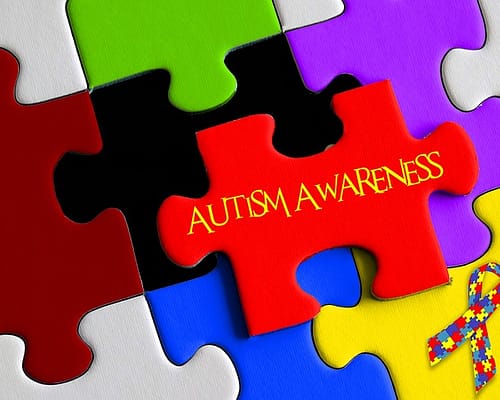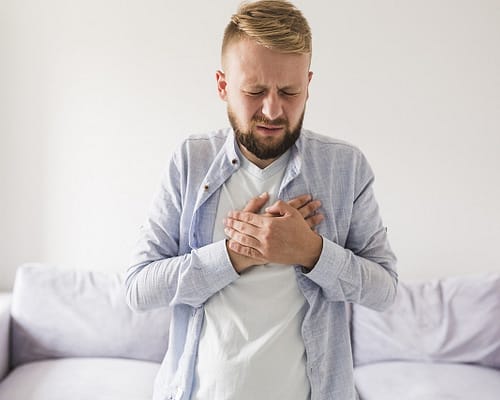Autism Spectrum Condition and What You Need To Know
The important thing to note is that autism is a spectrum with different autistic people having differing degrees of difficulty within each of the triad’s elements. No two autistic people are different, the saying goes that “Once you have met one autistic person you have met one autistic person”.


















